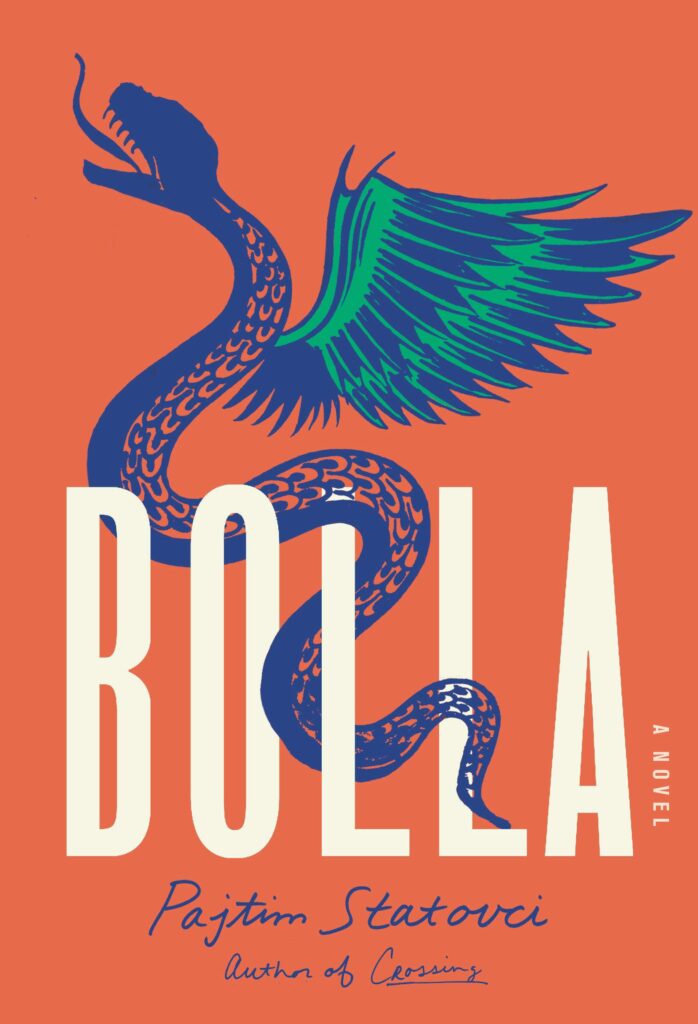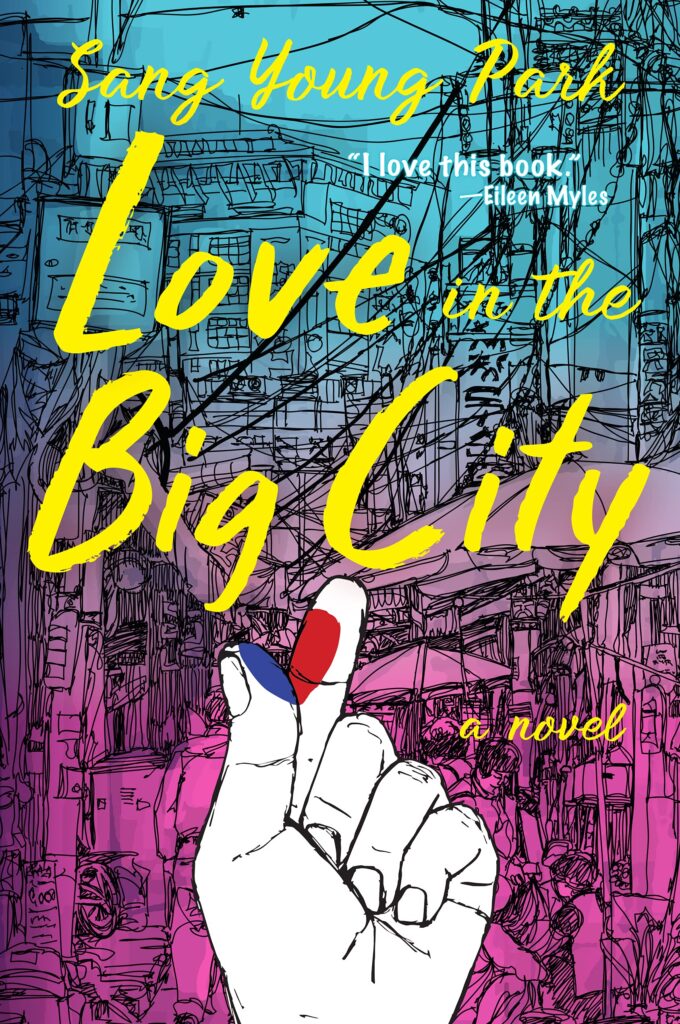
Bolla (Pantheon. $26. www.patjimstatovci.wordpress.com) is harrowing, heartbreaking and unblinkingly insightful. The third novel by 32-year-old Patjim Statovci, who was born in Kosovo but has lived in Finland since age 2, begins with glimmers of self-realization and romance but quickly spins into darker, dangerous places. It’s 1995 in the Kosovan town of Pristina when Arsim, a 24-year-old aspiring writer, meets Milos, a medical student, in a café. The two fall headlong into an affair. At first, time spent holed up together in Milos small apartment feels like having a private country of their own, at once peaceful and passionate. But Arsim is a Muslim Albanian, Milos a Serb. The ethnic cleansing of the Balkan Wars is about to begin, sending Milos to the battlefront as a medic and Arsim to live as a hand-to-mouth refugee in an unnamed European city. War on the world stage is matched by the turmoil in Arsim’s psyche: Not only does he have a unquestioningly loyal wife, but within days of meeting Milos, she announces she is pregnant. The book quickly moves into alternating passages that follow each of the men’s paths over the subsequent decade until an eventual melancholy reunion. Remarkably, Statovci makes Arsim’s descent to depths self-loathing feel at least as punishing as the senseless violence witnessed by Milos.

Don’t be discouraged by the blandly generic title: Love In The Big City offers a zesty whirlwhind tour of gay life in Seoul, Korea (Grove Press. $26. www.groveatlantic.com). Author Sang Young Park’s puckish attitude and lively prose (Vividly translated by Anton Hur) animate four linked stories in which Park’s semi-autobiographical first-person narrator, Young, moves from college life through his early thirties. The title character of “Jaehee” is Young’s hard-partying university gal pal, and the first straight person who he comes out to. The two share a studio apartment and entertain each other with critiques of the men with whom they spend a seemingly endless flurry of one-night stands. “I would do anything I was told by whoever would buy me a drink,” notes Young flippantly. Park underscores the parallels between sex-positive women and gay men in still-conservative Korean society—for both, expressing one’s sexuality is a form of rebellion, still tinged with a bit of shame. But while Jaehee is ultimately able to settle into a culturally approved marriage, Young is left floating in a society that doesn’t officially recognize the existence of homosexual relationships while secretly catering to gay men’s most superficial pleasures in a vibrant, tucked-away nightlife scene. The book’s middle sections find Young in a series of ultimately unsatisfying romances, including an affair with a deeply closeted man 12 years his senior. There are deftly sketched portraits of Young’s deeply Christian mother—who he cares for through a serious health crisis—and a female friend who seeks an abortion. Even in such dire scenarios, Park’s writing is shot through with humor. When Young is diagnosed with HIV, he insists on referring to the virus by the pet-name Kylie (as in Minogue). The book’s bittersweet closing section is named “Gyu-ho” after the young bartender with whom Young finally finds a lasting relationship, despite the pair’s sero-discordancy—it’s among the most beautifully rendered love stories in contemporary queer fiction.
